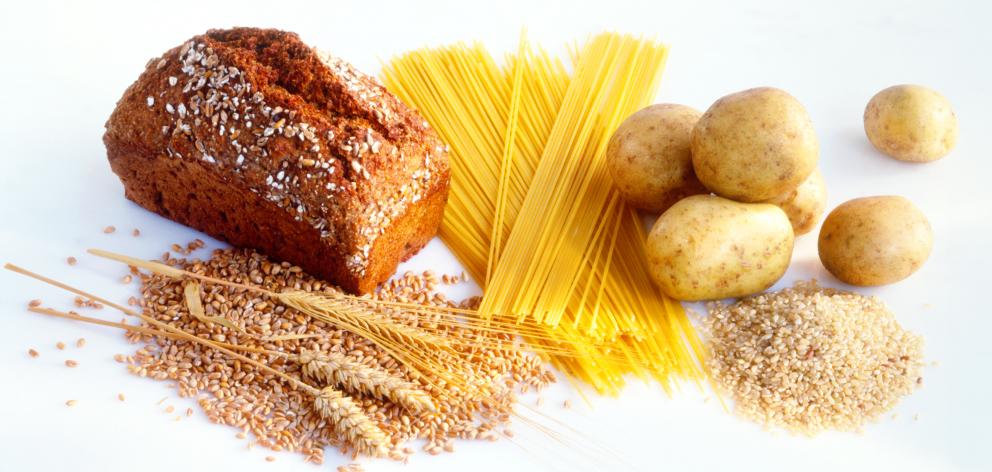
A new study finding fat isn’t as bad as carbs misses the point, University of Newcastle professor in nutrition Clare Collins says.
What's more important to examine is whether the fat and carbs come from fruits and vegetables or doughnuts and candy.
A new study has added weight to the debate as to whether fat is better or worse for you than carbohydrates, in terms of risk of heart disease and early death.
Unfortunately, based on this study the jury’s still out, but it does highlight that we should focus on what foods people are eating, rather than just looking at components, such as fat and carbohydrates.
Researchers looked at intakes of fat, carbohydrates and protein in more than 135,000 people from 18 low to high-income countries.
They assessed dietary intakes based on questionnaires, and compared the results with death rates from heart disease and from all other causes.
Over 7.4 years of follow-up, 5796 people died and 4784 had major cardiovascular disease events, such as a heart attack or stroke. Interestingly, they found those with the highest intakes of total fat and sub-types of fat (saturated, unsaturated) compared to those with the lowest intakes, had a lower risk of dying from all causes.
There was a 21% lower risk of stroke among those with the highest saturated fat intakes compared to the lowest. However, when it came to the risk of having a heart attack or dying from heart disease, fats had no relationship with risk.
Interestingly, those consuming the highest percentage of total energy from carbohydrates had a 28% higher risk of early death, but no higher risk of having heart disease or dying from heart disease.
Although it hasn’t received as much attention, they also found a higher percentage energy intake from protein was associated with a 23% lower risk of early death and 15% lower risk of dying from causes other than heart disease. Animal protein intake was also associated with a lower risk of dying, but there was no significant association between plant protein and risk of early death.
So what does this all mean?
This study highlights that both carbohydrates and fat are important, but which foods you eat that contain fat or carbohydrate is even more important when it comes to how long you live.
The researchers found some differences between results for those living in Asian countries compared to other regions. For example, there was no statistically significant difference in early death from all causes between those with the highest, compared to the lowest percentage of energy from carbohydrate for those living in Asian regions, but there was for those from non-Asian countries.
The analysis adds more weight to the global call to go beyond macro-nutrients (protein, fat and carbohydrate which are the major constituents of food) and to look carefully at actual food and drinks consumed. It matters whether your carbohydrates come from an apple, lentils or carrots compared to soft drink, doughnuts or pancakes.
The types of foods actually consumed could inform how changes in the food supply within lower and middle income countries relate to changes in death rates. They could also inform nutrition policies for countries experiencing a nutrition transition as they become more wealthy.
Overall, this study is very important, and a timely reminder of the need to continually update the evidence on diet/disease relationships and to factor in what part of the world the individuals under study are from. But it's not time to throw out the pasta, rice and bread and start guzzling tubs of fat.
It is time to pay more attention to nutrition and to focus on optimal eating patterns within each country. We need to stem the tide of ultra-processed foods that disrupt healthier eating patterns. Studies from around the world show that getting the ratio between ultra-processed and minimally processed foods back in balance is the key to improving the nutritional quality of our overall diets.
- theconversation.com












